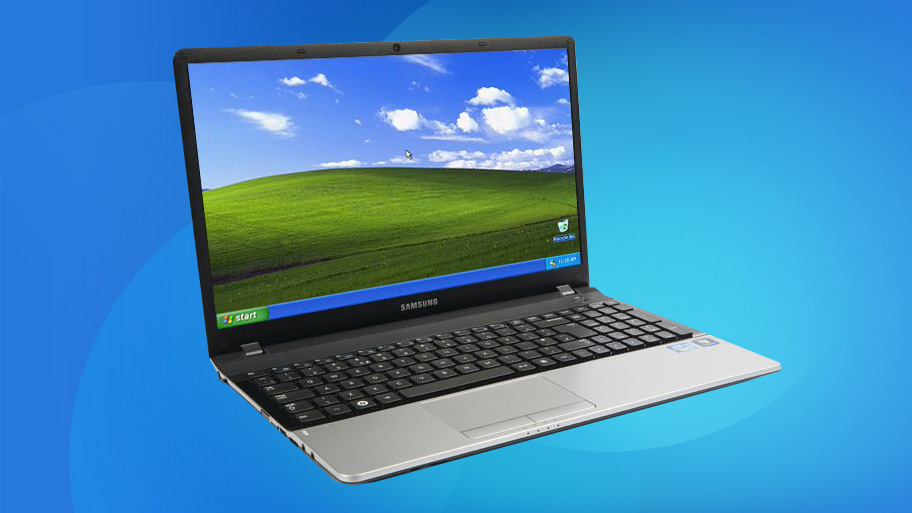Windows XP end-of-life: Thanks for all the fish!
An homage to arguably Microsoft's best operating system ever

It's hard to believe that Microsoft originally conceived Windows XP as the replacement of Windows 2000, squarely aiming at a business audience rather than a consumer market.
"Whistler", as it was known prior to entering beta, was meant to improve the perception of Windows after what had been two mildly successful iterations on Windows 95.
Windows 98 and Windows Me had been plagued by bugs, a resurgence of the blue screen of death and compatibility issues. Windows XP, which was launched in October 2001, was to change all that.
Big spending
Microsoft spent north of $1 billion on marketing to get Windows XP off the ground and the general public loved it. More than 400 million copies of Windows XP were sold globally in the first five years of exploitation with total number of licenses shipped likely to hover well above 500 million mark.
It worked so well that the operating system is still popular with a bigger desktop market share than all the other versions of Windows put together, bar Windows 7. The latter had to wait till the end of 2011 to finally overtake Windows XP.
The fact that Windows Vista was not well received by reviewers and the market at large allowed Windows XP to capture an even bigger market share, beyond its traditional US and European markets after Microsoft ceased to sell Windows XP licenses.
Netbook dominance
Windows XP, not its successor, was the OS of choice for Intel's popular Netbook platform, one which sold tens of millions and asserted Windows XP's dominance over an entire decade.
Sign up to the TechRadar Pro newsletter to get all the top news, opinion, features and guidance your business needs to succeed!
Even as Windows XP was retired and replaced, businesses demanded that Microsoft continued to ship it. For the first time ever, the software company offered two licenses for the price of one on selected devices in a bid to please its customers and allowing them to downgrade if they wished.
Windows XP was also the first consumer operating system from Microsoft to ship in 32-bit and 64-bit versions. It allowed personal computers to support more than 4GB of RAM which allowed XP to move to workstations, essentially making Windows 2000 (workstation) obsolete.
Moving on
Some might argue that the global recession of 2007-2008 was what caused businesses to freeze their upgrade cycles and stick with what they had.
Even as the recession receded, companies found themselves unwilling to upgrade, opting instead for a "don't break, don't change" approach, verging on procrastination.
Still, Windows XP should have been laid to rest a long time ago, possibly as it reached its 10th anniversary. Trying to extend its lifespan has been a subject of controversy with companies like Panda Security pledging to provide security support for the geriatric OS for as long as it was needs, while Opera and Mozilla promised to support the legacy platform.
Microsoft, on the other hand, has been courting companies to move away from it, even resorting to financial incentives to accelerate the transition. Otherwise, organisations will have to fork some serious money just to keep Windows XP running safely or face the consequences.
Lest not forget that others are already luring prospective Windows XP transfers away from Microsoft Windows 7 or 8. Some have been considering Chrome OS, Google's operating system, or Linux as serious candidates to replace Microsoft's antiquated alternative.

Désiré has been musing and writing about technology during a career spanning four decades. He dabbled in website builders and web hosting when DHTML and frames were in vogue and started narrating about the impact of technology on society just before the start of the Y2K hysteria at the turn of the last millennium.